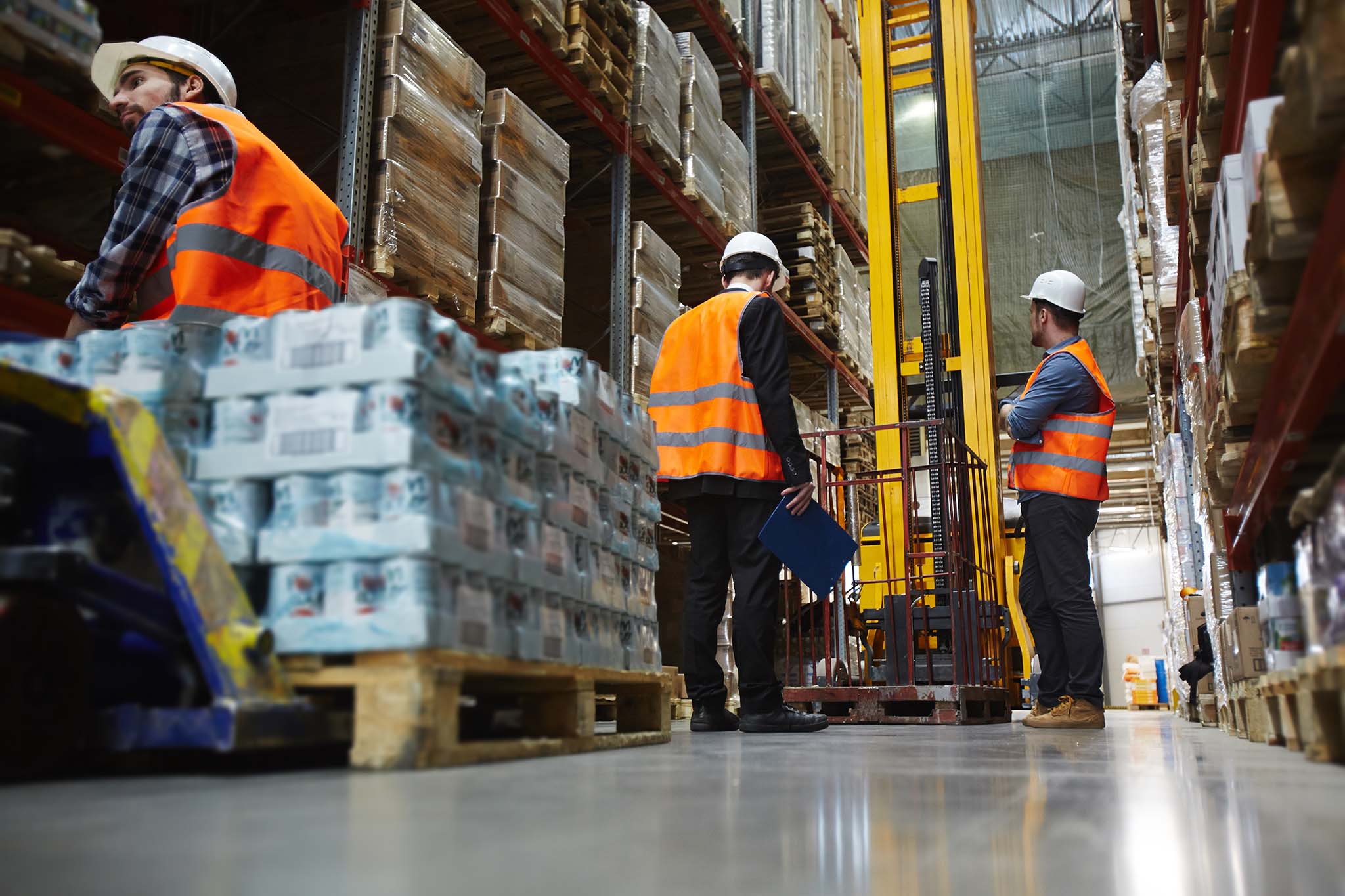At its core, logistics — especially fulfillment warehousing — is a customer service process. Whether you’re a brick-and-mortar retailer or entirely online, without getting products from Point A to Point B, commerce simply can’t exist. Similarly, without sales and marketing, you can have the best products in the world but if no one knows your store exists or why your products are worth buying, you might as well not have anything to sell.
While these all seem like separate aspects of a business, they all tie in together. Indeed, by leveraging one, you can improve the performance of the others – if you understand that relationship and how to make the most of it.
In this article, we’ll explore a bit about fulfillment warehousing and some strategies you can use your warehousing and logistics processes to improve sales and marketing performance.
What is Fulfillment Warehousing?
Where warehousing may just refer to having a place to store your products and supplies, fulfillment warehousing is the process of handling the physical backend of your eCommerce orders, usually by way of a third-party logistics (or 3PL) partner. These warehouses, also known as fulfillment centers, manage customer orders on their clients’ behalf, tracking inventory, picking and packing shipments, and sending them out. Some fulfillment centers may even handle reverse logistics, processing refunds, performing minor repairs, and sending out replacements.
Fulfillment warehousing is a useful strategy for small businesses or one-person eCommerce sites that need extra space and help to tackle orders. Since these 3PL partners specialize in fulfillment, you can also leverage their skills, technology, and expertise rather than try to handle it all on your own.
The Relationship Between Fulfillment Warehousing, Sales, and Marketing
Internal processes like warehousing and operations have often been separated from external ones like sales and marketing. However, eCommerce and the rise of both omnichannel retailing and the Internet of Things have brought all these processes closer together. In doing so, the success and data generated from one process can benefit and improve the others, creating a feedback loop that builds momentum if you’re smart about it.
Let’s use an online t-shirt store, for example. If you create your own t-shirts but don’t want to handle packaging and managing orders, a 3PL fulfillment center could do the heavy lifting for you. By delegating warehousing, packing, shipping, and return processing to the fulfillment center, you’re free to focus on designing new shirts, finding new customers to market to, and improve your sales volume.
All the while, the fulfillment center’s warehouse management system can plug into your website, enabling customers to track their orders and automate notifications that then minimize customer service interactions, freeing up more of your time. Moreover, these orders can be analyzed, identifying return customers, examining order value (maybe some shirts are more popular than others or there’s different seasons, months, or even days where people buy more), and allowing you to come up with new ideas for marketing campaigns.
With faster, more transparent shipping, better value propositions through sales and deals generated by customer order data, and constantly improving designs and processes, it all equates to higher customer satisfaction. This, in turn, creates another feedback loop: the happier your customers, the more eager they are to come back and tell their friends about you.
While this is just one example, let’s dive deeper and look at how fulfillment warehousing can be leveraged to boost marketing and sales.
Using Fulfillment Warehousing to Improve Marketing
The biggest benefit of fulfillment warehousing is enabling online sales. This is especially useful for those who don’t have the infrastructure in-house to handle it – whether you’re a generations-old brick-and-mortar getting online for the first time or an entrepreneur who wants to get their feet wet in the ocean of eCommerce. Having online ordering options sets the foundation for digital marketing campaigns, giving your customers a place they can easily buy from you.
If you create campaigns that start on social media, not only do you reach more customers faster, you’re building channels to make it easier for them to buy from you. This further simplifies the ordering process; instead of customers finding you through Google, they can reach your storefront directly on their preferred platforms, improving user experience and satisfaction.
Finally, all the benefits of fulfillment warehousing can be marketed toward and passed on to your customers: fast shipping, better rates, real-time order tracking, and a clear, no-hassle return policy are expectations that surprisingly few businesses are good at maintaining consistently. Finding a 3PL partner that supports you and your customers will make you stand out among your competitors.
Using Fulfillment Warehousing to Improve Sales
Once you have your customer channels established, all this data from sales, web traffic, and marketing behavior can inform better sales strategies. For instance, analyzing patterns in order data can help identify new opportunities including product popularity, seasonality, and developing ideal customer personas (in other words, maybe you thought Group A was your target but Group B’s way more excited and interested in buying from you).
You can also use this data to understand more about return customers: do they all belong to a certain demographic, do they buy certain sets of products, or do they all have the same kinds of values, pain points, or other factors that might encourage them to buy? By answering these questions, you can come up with ideas on how to serve them better, reinforcing their loyalty all while improving their experience with your business.
Moreover, having a dedicated fulfillment team improves order speed and accuracy, further increasing customer satisfaction and building your brand’s legitimacy.
Make the Most of Your Business Processes with UCanTrade
As you can see, fulfillment warehousing is just one piece of the commercial puzzle. By looking at these processes holistically rather than on their own, you’ll be able to build your brand more effectively, creating momentum that – when leveraged correctly – might turn into explosive growth. If you want to make the most of your business processes, reach out to us today to learn more about how the experts at UCanTrade can help you conquer your goals.



